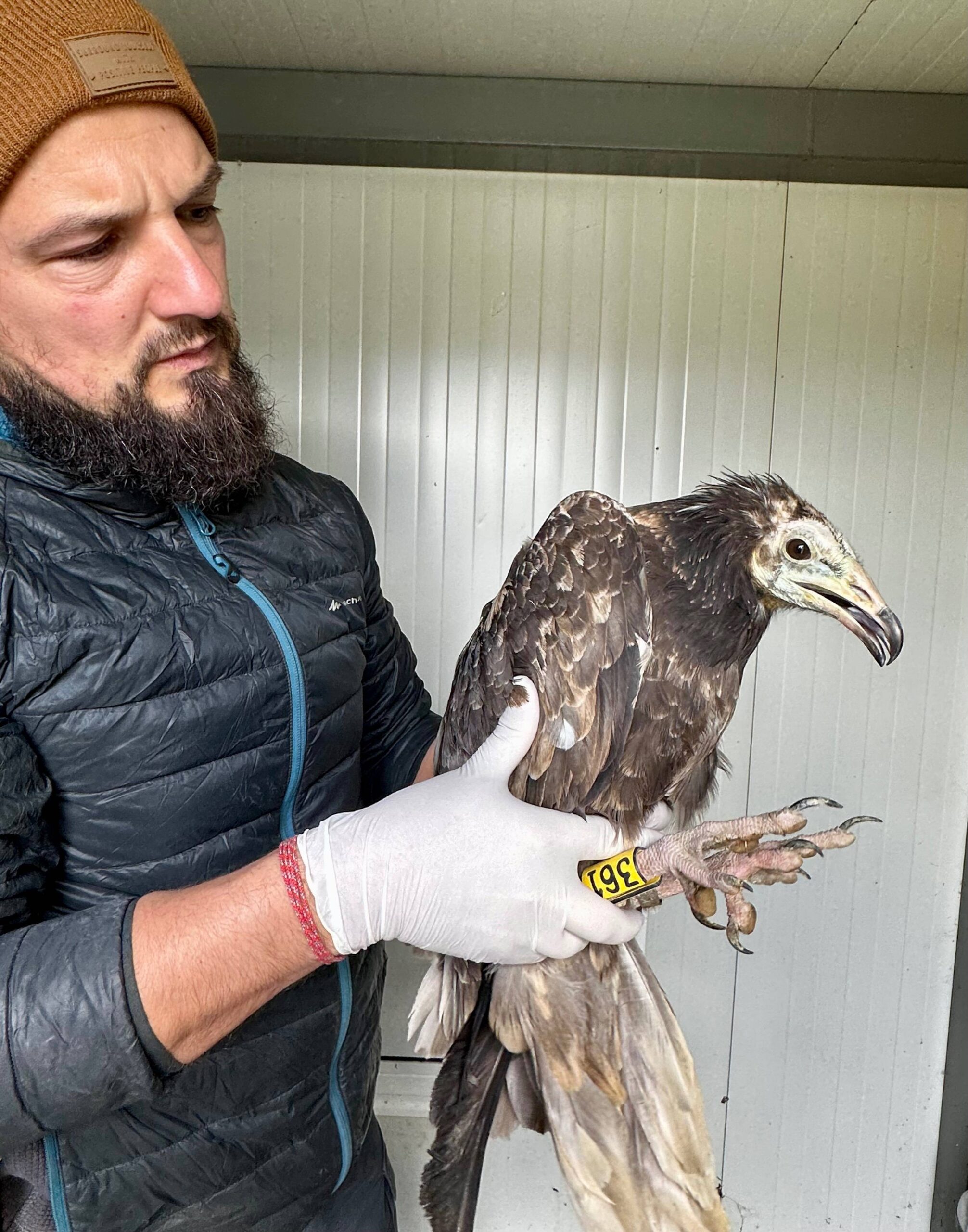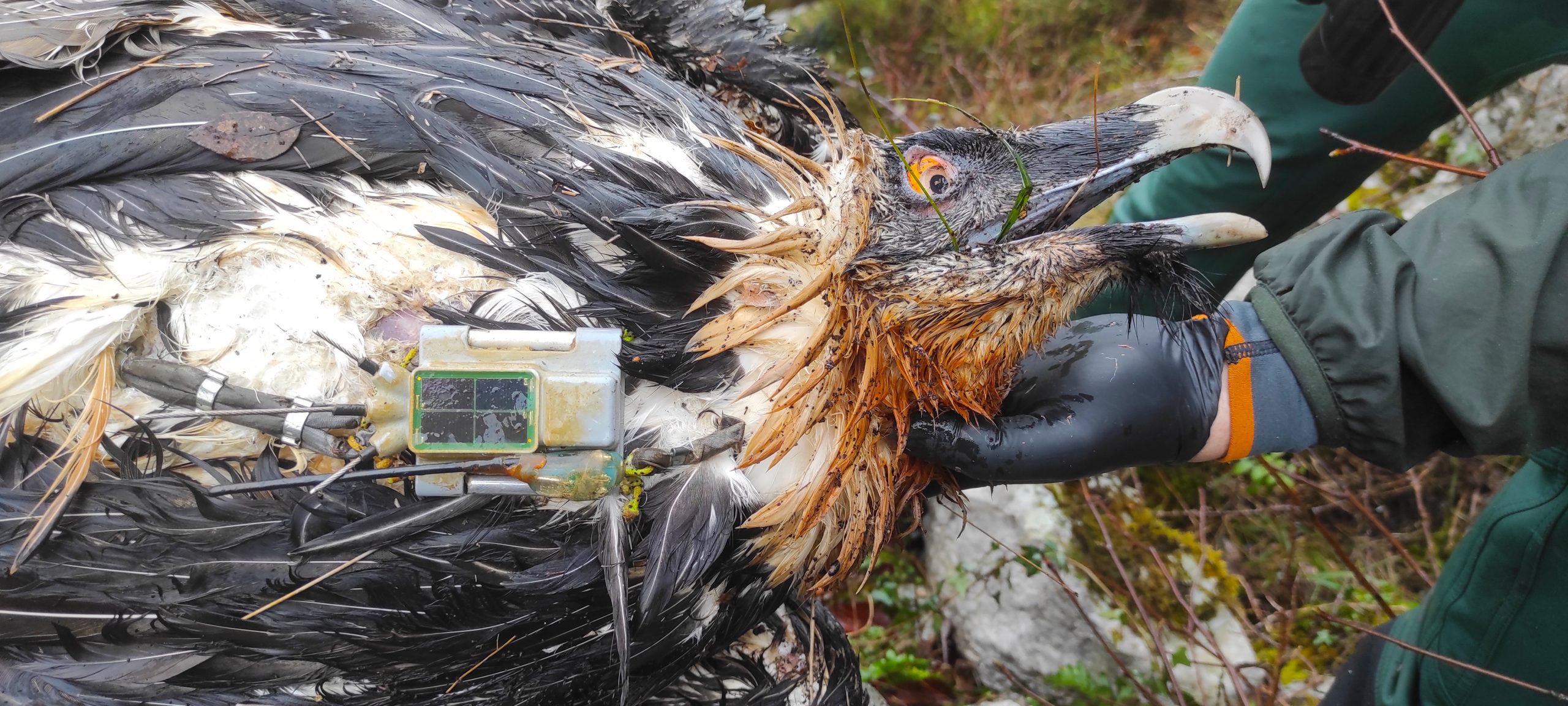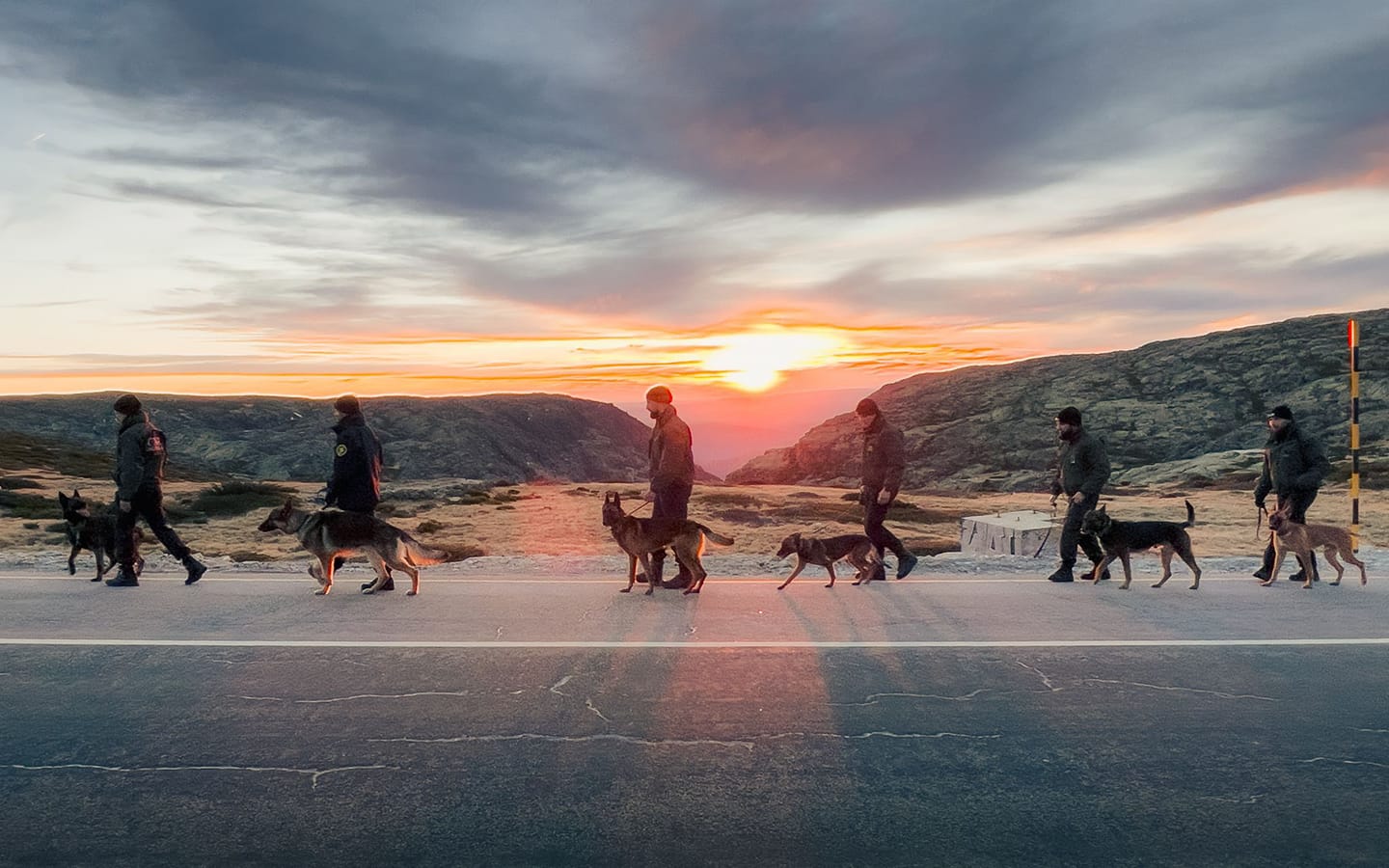In a major win for biodiversity, Albania’s Ministry of Tourism and Environment has officially approved the Action Plan for the Protection from Poisoning of Endangered and Endemic Species of Wild Fauna in Albania, 2025–2035. This significant move, formalized under Order No. 142 on April 11, 2025, marks a powerful step forward in tackling one of the most persistent—and often silent—threats to the country’s wildlife: poisoning.
Years of joint effort spark change
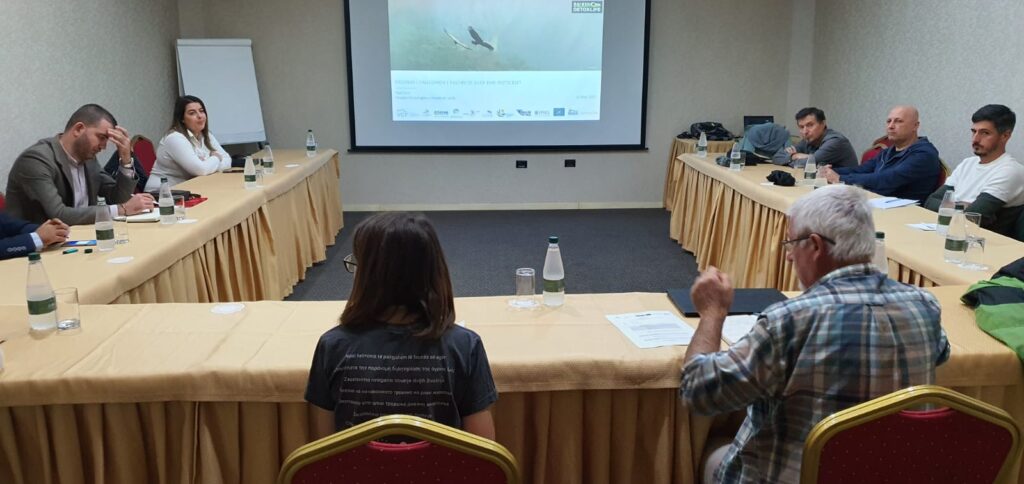
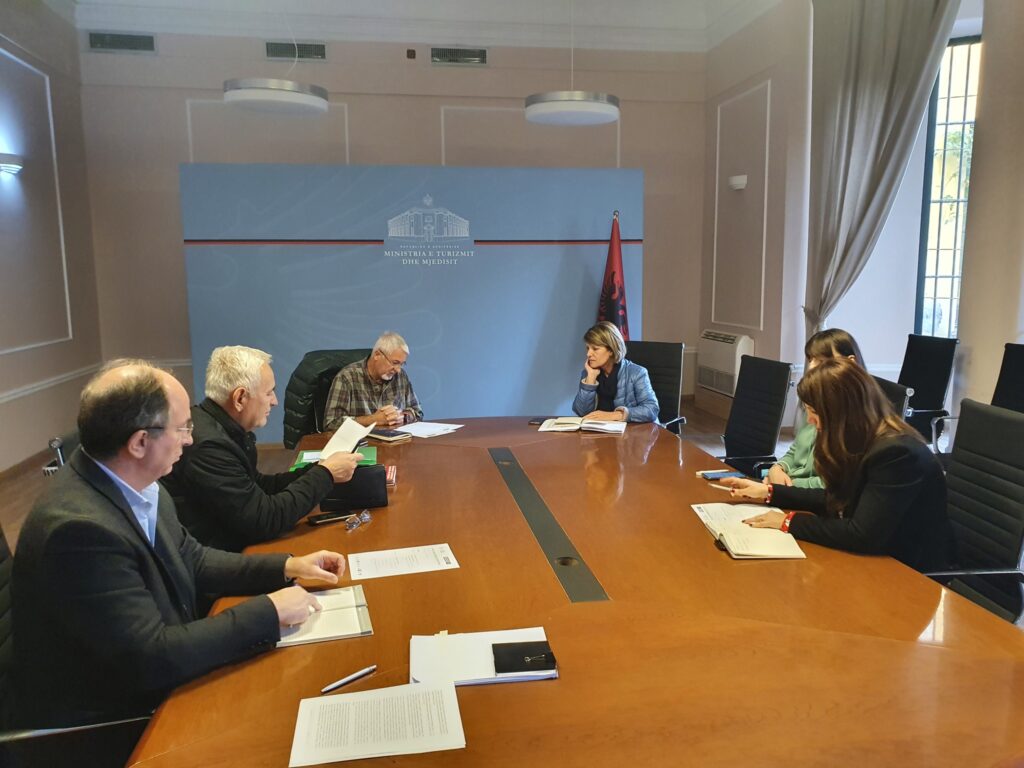
This achievement didn’t happen overnight. It’s the result of seven years of relentless effort and collaboration among the Albanian Ornithological Society (AOS)—a key national partner in the BalkanDetox LIFE project—the Ministry, and a broad network of partners. These include law enforcement bodies, scientific institutions, and both local and international environmental organizations. Together, they’ve worked tirelessly to raise awareness, strengthen legislation, and build the capacity of institutions to take on a problem that had long flown under the radar.
Poisoning: The silent threat
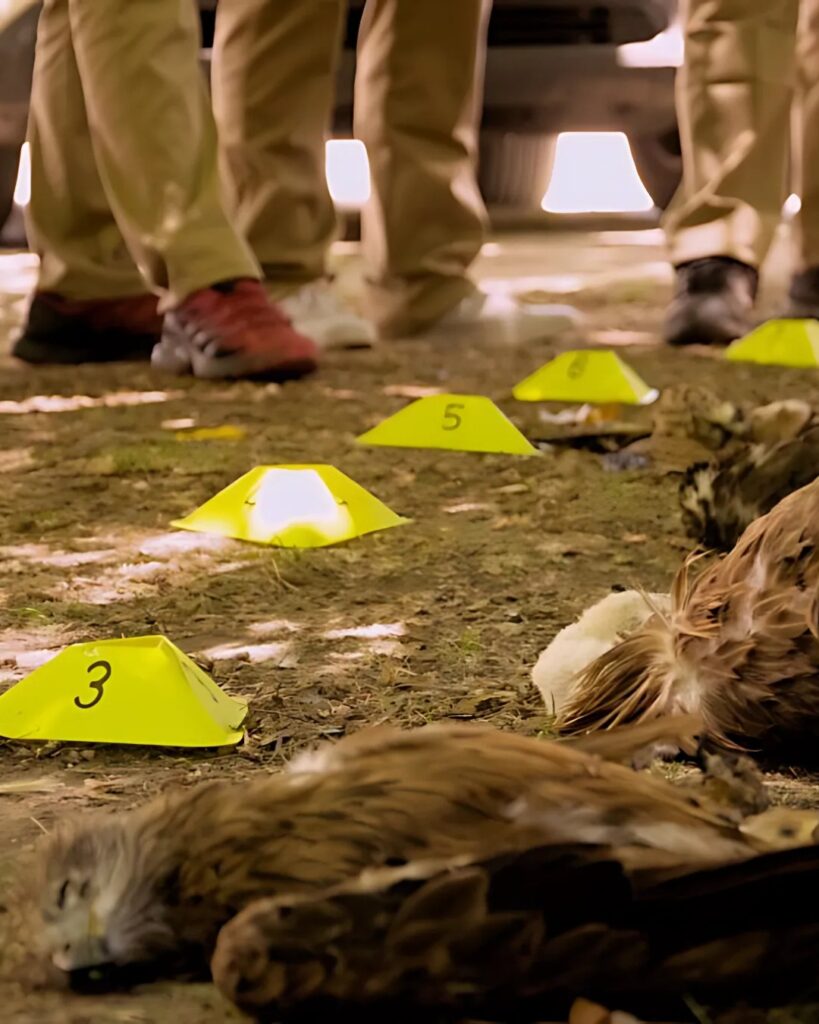
For over 30 years, wildlife poisoning in Albania went largely unchecked. In fact, until 2019, using poisoned bait wasn’t even classified as a legal offense. That changed when poisoning was finally recognized as an administrative violation under the law “On the Protection of Wild Fauna.” Since then, the BalkanDetox LIFE project and its allies have pushed hard to elevate the issue, ensuring it’s treated as a serious conservation concern that demands coordinated, systemic action.
A smart, strategic Action Plan
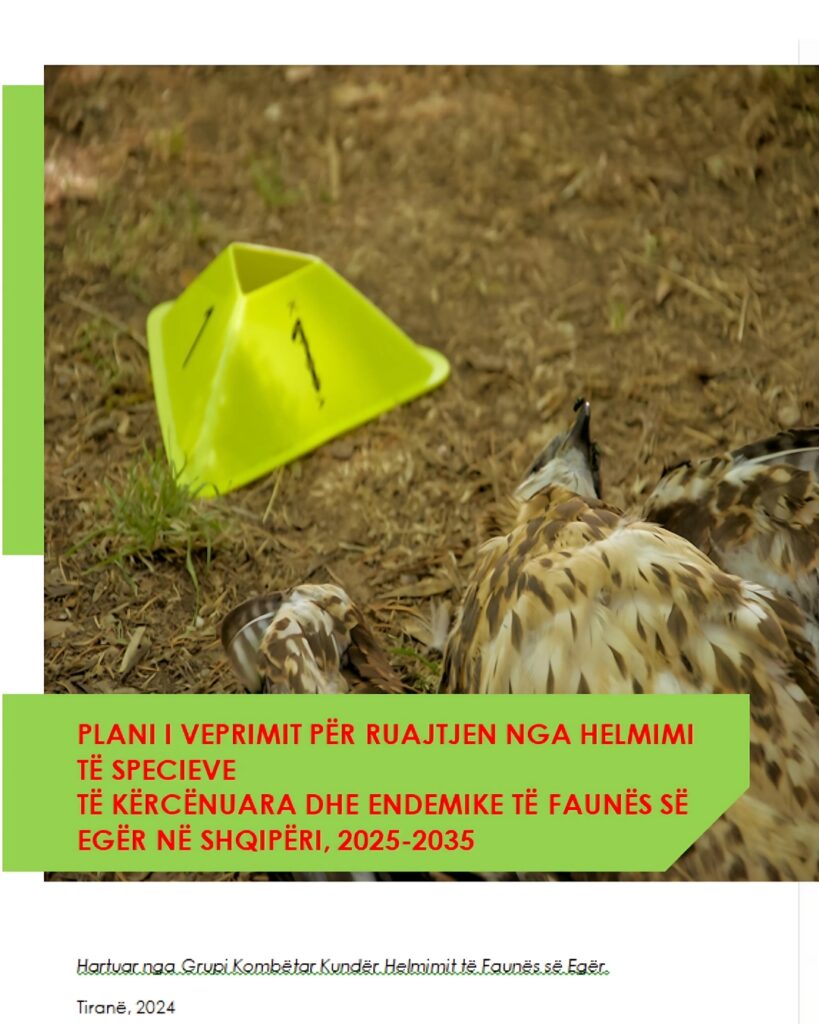
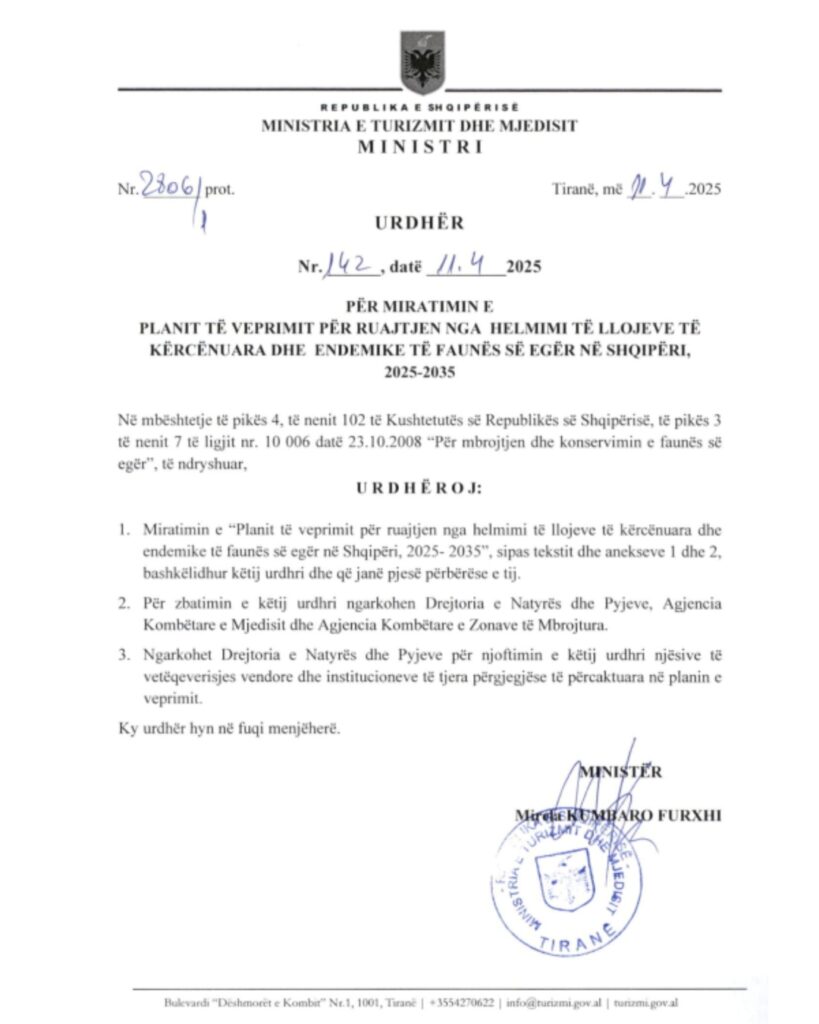
The newly approved plan lays out a ten-year roadmap aimed at fighting wildlife poisoning head-on. The plan aims to deepen understanding of the problem and sets out a series of coordinated actions, including:
- Preventive measures against the use of poisoned baits, designed to prevent and deter poisoning
- Actions for inspections and monitoring
- Standardized protocols for collecting evidence and investigating incidents
All of these tools are meant to help institutions and stakeholders respond quickly and effectively—whether it’s about stopping poisoning before it starts or dealing with incidents when they occur.
Protecting Albania’s wildlife
Poisoning is still a serious threat to some of Albania’s most iconic and ecologically critical animals, including vultures, bears, wolves, and other scavengers. This action plan will act as a vital safety net for species already struggling with several human-induced threats.
Collaboration as a catalyst for change
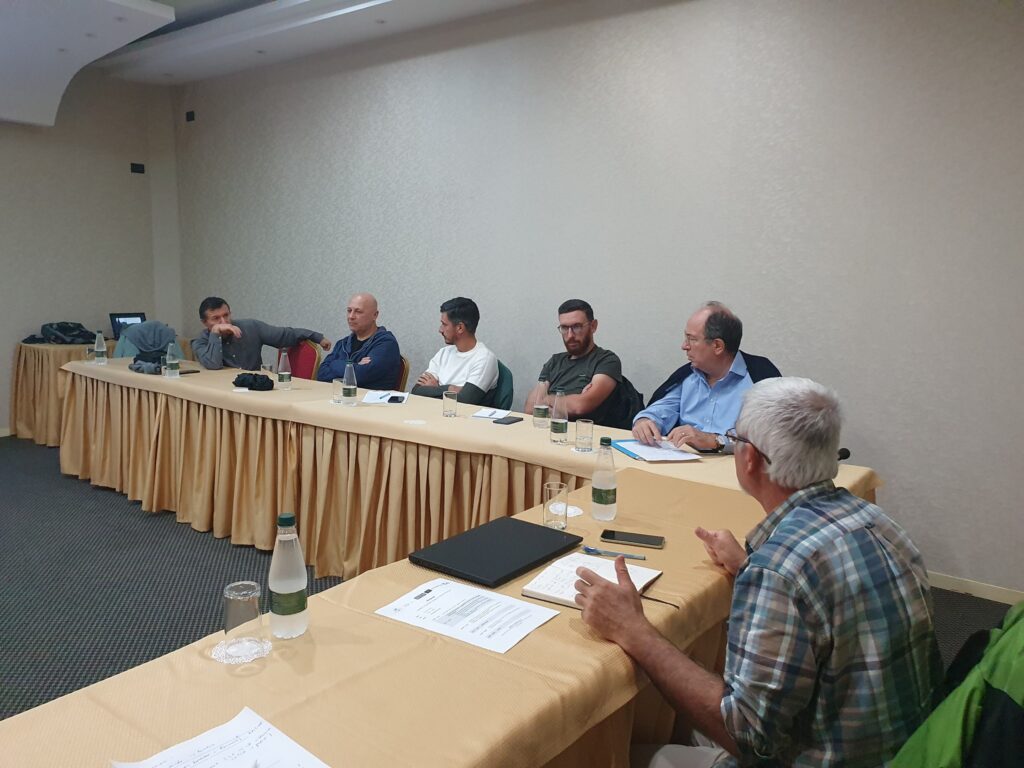
What makes this milestone even more remarkable is how it came about: through determined collaboration. Ministries, NGOs, scientists, and engaged citizens all played a part. Their combined efforts show what’s possible when different sectors unite behind a common cause—protecting Albania’s incredible natural heritage. It also sets a strong example for similar action across the wider Balkan regions.
As one of the driving forces behind this progress, the BalkanDetox LIFE project celebrates this breakthrough and remains committed to bringing similar results in other Balkan countries.
The BalkanDetox LIFE project

The ‘BalkanDetox LIFE‘ project aims to strengthen national capacities to fight wildlife poisoning and raise awareness about the problem across Albania, Bosnia & Herzegovina, Bulgaria, Croatia, Greece, the Republic of North Macedonia and Serbia. It is a five-year endeavour with a €1.8 million budget that received funding from the EU’s LIFE Programme and co-funding by the Vulture Conservation Foundation, the MAVA Foundation and Euronatur. Project partners are the Vulture Conservation Foundation as the coordinating beneficiary, and the Albanian Ornithological Society, Association BIOM, Bird Protection and Study Society of Serbia, Fund for Wild Flora and Fauna, Hellenic Ornithological Society, Macedonian Ecological Society, Ornitološko društvo NAŠE Ptice and the Protection and Preservation of Natural Environment in Albania as associated beneficiaries. Furthermore, this project is based on Spanish best practice experience and counts on the support from the Junta de Andalucía and the Spanish Ministry for the Ecological Transition and the Demographic Challenge.


